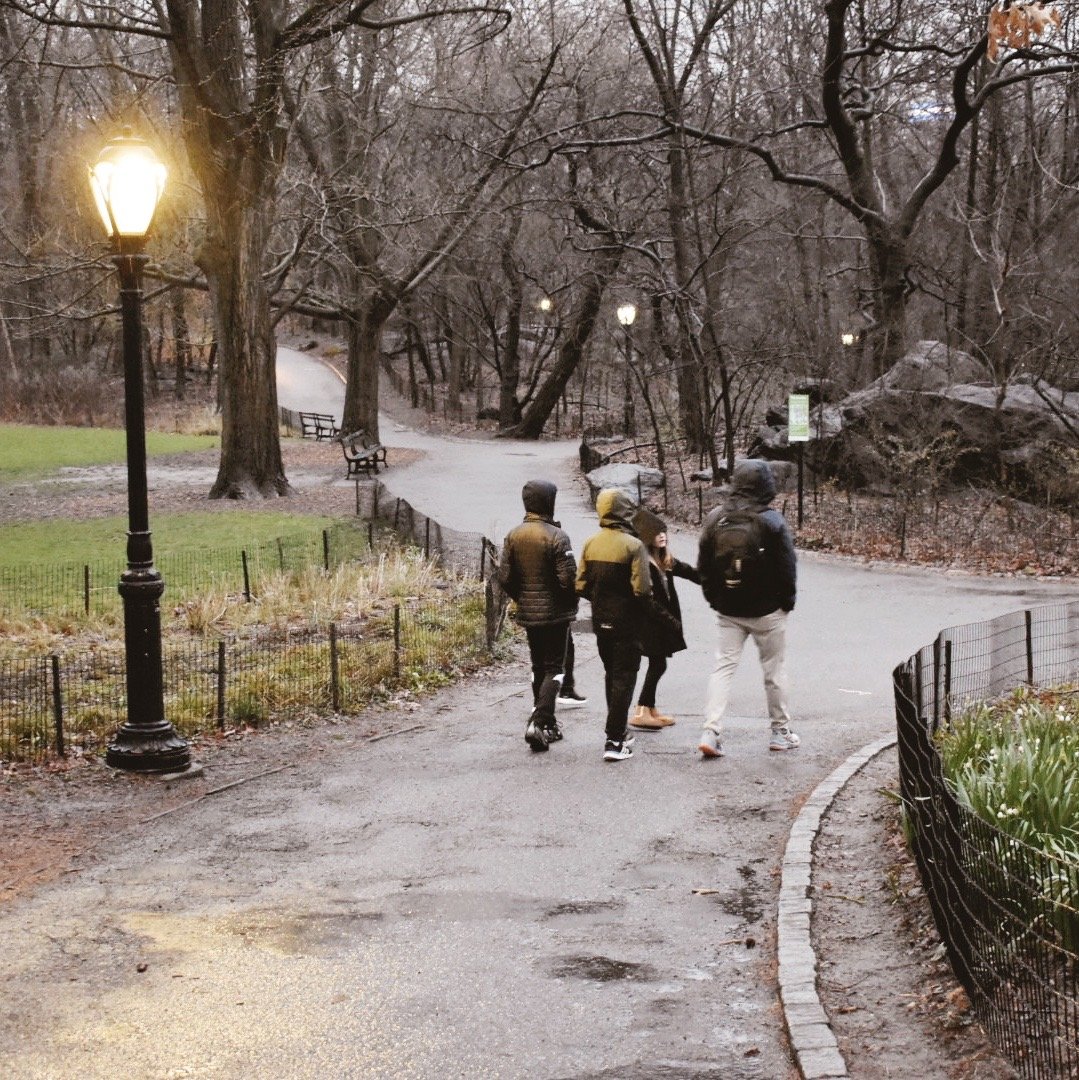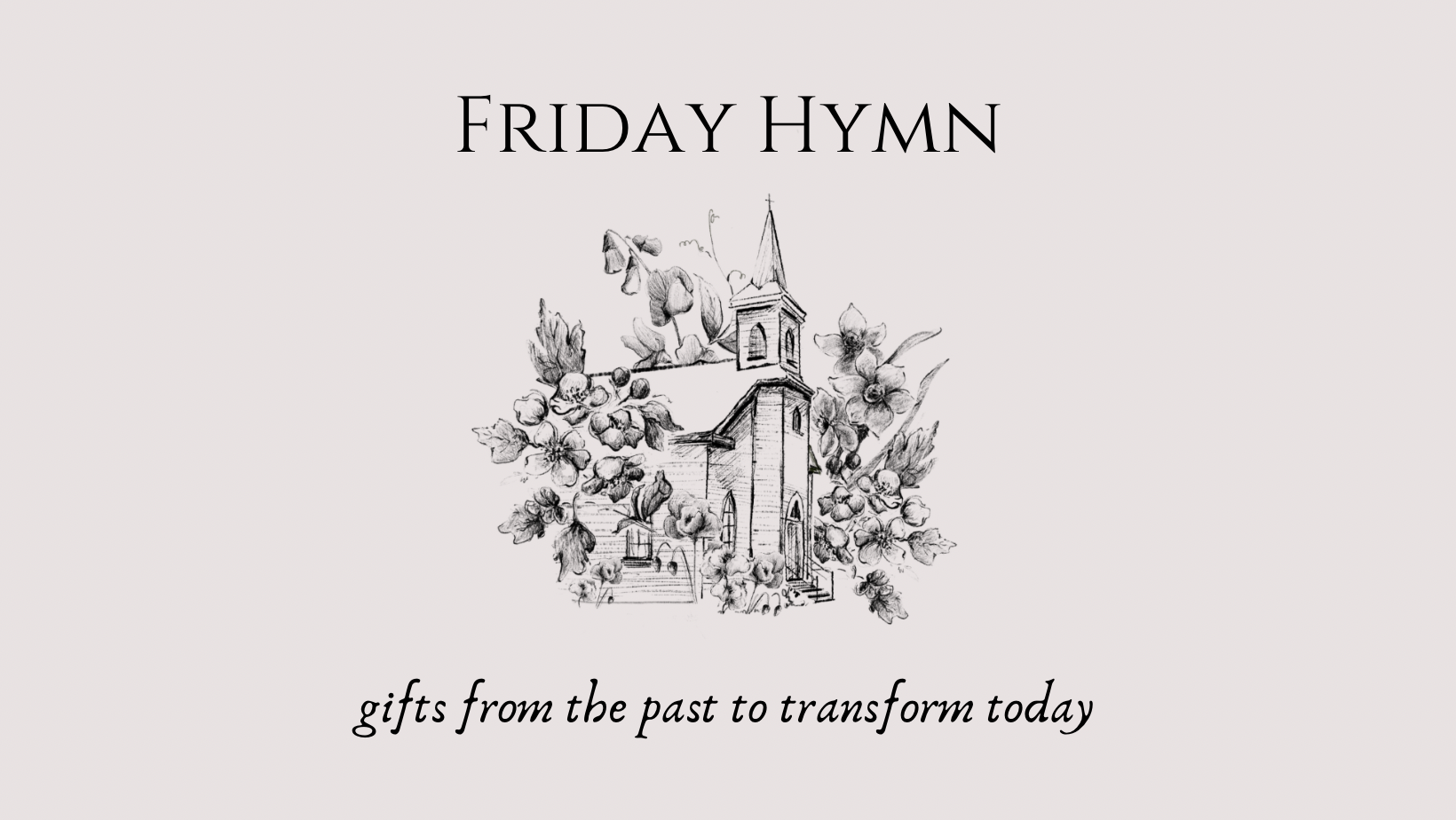
Katy Rose Collection: Art, Words
Friday Hymn: Safe in the Arms of Jesus
SAFE IN THE ARMS OF JESUS
-1868-
Words by: Fanny J. Crosby
Music by: William H. Doane
Our family was talking about Fanny Crosby as we walked around old NYC streets last weekend, as she was a former resident too. Fanny was a prolific hymn and poetry writer, and was blind. It’s hard to imagine how she managed such a place without sight. Yet instead of focusing on her own lack, she lived the last 30 years of her life there in one of the poorest neighborhoods in order to serve people who were desperate and diseased. During that time, in the 1870s, she wrote the well-known “Blessed Assurance” and poignantly, “All the Way My Savior Leads Me.”
Another of her hymns was this touching one, which she said was for the bereaved, especially for mothers who had lost children. Fanny herself had lost her only baby years before and rarely spoke of it. These words were dear to her and many others. A pastor of a NYC church told her that it had given more “peace and satisfaction to mothers who have lost their children than any other hymn I have ever known.”
SAFE IN THE ARMS OF JESUS
Safe in the arms of Jesus,
Safe on His gentle breast,
There by His love o’ershaded,
Sweetly my soul shall rest.
Hark! ’tis the voice of angels,
Borne in a song to me,
Over the fields of glory,
Over the jasper sea.
Refrain:
Safe in the arms of Jesus,
Safe on His gentle breast,
There by His love o’ershaded,
Sweetly my soul shall rest.
Safe in the arms of Jesus,
Safe from corroding care,
Safe from the world’s temptations,
Sin cannot harm me there.
Free from the blight of sorrow,
Free from my doubts and fears;
Only a few more trials,
Only a few more tears. [Refrain]
Jesus, my heart’s dear refuge,
Jesus has died for me;
Firm on the Rock of Ages,
Ever my trust shall be.
Here let me wait with patience,
Wait till the night is o’er;
Wait till I see the morning
Break on the golden shore.
When I Peeked Into A Writer's Window
It was a bright morning in Maine when we snuck around the side of the old house, peeking in windows. We hadn’t planned to stop at Harriet Beecher Stowe’s home but a historic marker sign told us to. I didn’t know much about the author of Uncle Tom’s Cabin except that she did something revolutionary with her words when she saw repulsive things happening in America. It’s funny how I tend to picture legendary people – somehow endowed with more insight into how things really work, with more hours in a day, and less real life to tend to.
But through the old window was a different picture. The sun streamed onto the wood floors where Harriet’s shadow had once been instead of ours. A displayed letter to her sister read, “Since I began this note I have been called off at least a dozen times – once for the fish-man, to buy a codfish – once to see a man who had brought me some baskets of apples – once to see a book man…then to nurse the baby – then into the kitchen to make chowder for dinner and now I am at it again for nothing but deadly determination enables me to ever write – it is rowing against wind and tide.”
The same woman who had been credited with the outbreak of the Civil War due to her book’s exposure of slavery, also nursed the baby, bought groceries, made dinner, and wrote to Sister.
When she was a young teenager, there was a pivotal Sunday when the words of the pastor, who was also her father, struck her. “As soon as father came home and was seated in his study, I went up to him and fell in his arms, saying, ‘Father, I have given myself to Jesus, and He has taken me.’ I shall never forget the expression on his face as he looked down into my earnest childish eyes…’Is that so?’ he said, holding me silent to his heart as I felt the hot tears fall on my head.”
She knew the joys, as well as the excruciating pain of parenthood. She raised seven children of her own, witnessing the death of four due to various tragedies and illnesses. She suffered and cried out to God and kept on writing, a line here and a page there. By the end of her life, there were thirty books and countless articles, poems, and hymns.
When Harriet rose at 4:30 in the morning she sat in the silence, watching the darkness fall away as the sun rose. She listened to birds begin to sing and she read scripture. This hymn was inspired one day by Psalm 139:17-18.
Still, still with Thee, when purple morning breaketh,
When the bird waketh, and the shadows flee;
Fairer than morning, lovelier than daylight,
Dawns the sweet consciousness, I am with Thee.
Now, I'm far from Maine. I've read more about Harriet's successes and struggles. I hummed her words this morning and thought about how I use my precious minutes and days until I reach Glory on this pockmarked road. As she says in the last line of her hymn:
So shall it be at last in that bright morning
When the soul waketh and life’s shadows flee
O in that hour, fairer than daylight dawning,
Shall rise the glorious thought, I am with Thee.
Sources: Then Sings My Soul by Robert J. Morgan
Friday Hymn: Jesus, I Come to Thee
JESUS, I COME TO THEE
-1877-
Words by: William T. Sleeper
Music by: George C. Stebbins
In her book, In My Father’s House, Corrie ten Boom tells about the children she worked with for years who had disabilities. One day she walked through the old cobblestone streets of Haarlem, in Holland, to visit one of the boys who attended her little class. In his cramped house, she found him up in his attic room. “I went upstairs and found Henk on his knees in front of a chair. Before him was an old dirty picture of Jesus on the cross. I stopped at the door to listen, for Henk was singing. His voice was soft and hoarse.
Out of my bondage, sorrow, and night,
Jesus, I come! Jesus, I come!
Into Thy freedom, gladness, and light,
Jesus, I come to Thee!
Out of my sickness into Thy health,
Out of my want and into Thy wealth,
Out of my sin and into Thyself,
Jesus, I come to Thee!”
Corrie writes, “I’ve heard Bach played by Schweitzer, and anthems sung by gigantic choirs, but at that moment I felt as if I were in a cathedral with angels surrounding me. I tiptoed back downstairs without disturbing him, praising God again for the love he brings…”
The hymn was written about 50 years before, in Worcester, Massachusetts, where William T. Sleeper was engaged in mission work. He later traveled to Maine as a missionary, establishing three churches, before returning to Worcester where he ministered for thirty more years. I hope he would be delighted to hear his song sung by a little boy in an attic in Holland.









